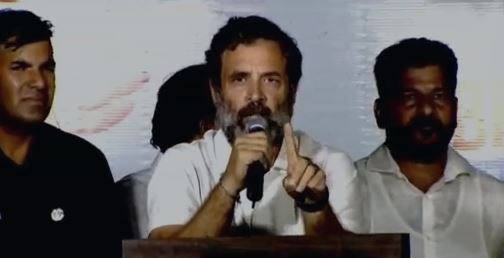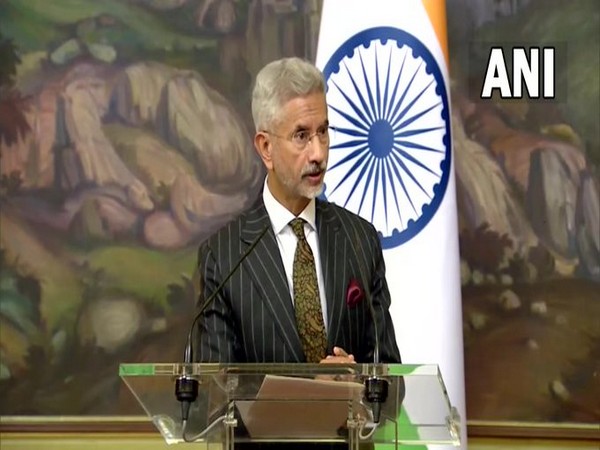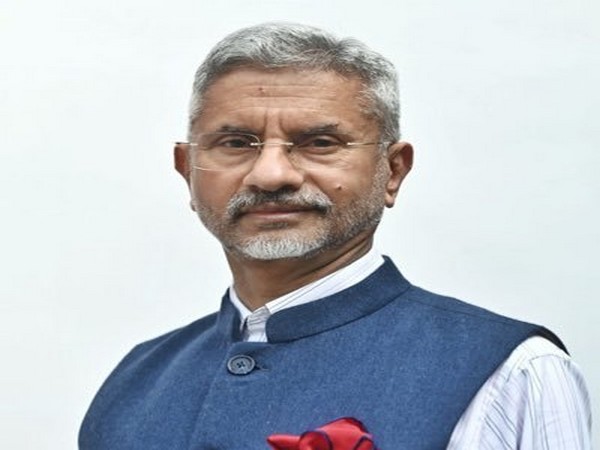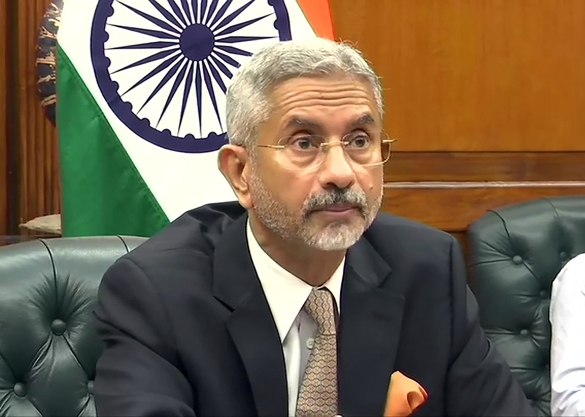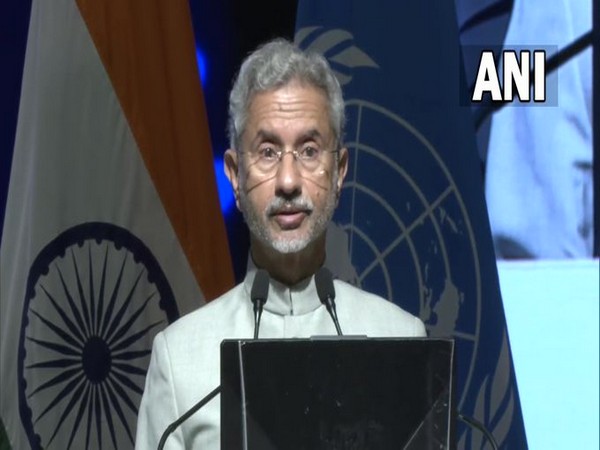Prime Minister Narendra Modi, who is on a visit to Gujarat, laid the foundation stone of the C-295 transport aircraft manufacturing facility in Vadodara today.
PM Modi was felicitated and presented with a memento by Gujarat Chief Minister Bhupendra Patel and Tata Sons chairperson N Chandrasekaran at the occasion.
The C-295 transport aircraft for the Indian Air Force will be manufactured by Tata-Airbus, said Defence Ministry officials.
Apart from making 40 aircraft, this facility at Vadodara would be manufacturing additional aircraft for Air Force requirements and exports, as per Defence Secretary Aramane Giridhar.
Speaking on the occasion, Defence Minister Rajnath Singh said, “Today, for the first time in the country, the foundation stone of an aircraft manufacturing facility is being laid by the private sector. It is certainly a matter of pride for the defense sector as well as for the entire country.”
“It is not just a foundation stone but a milestone in the defense sector’s ‘Atmanirbharta’ journey. C-295 aircraft manufactured at this facility will be state-of-the-art aircraft with superior capabilities and global standards. It will significantly enhance the logistic capability of the Indian Air Force,” Singh added.
With the launch of the C295 aircraft manufacturing facility, India will enter an illustrious league of about only a dozen nations with the capacity to manufacture military transport aircraft. -Currently, the US, Japan, UK, Russia, France, Italy, Spain, Ukraine, Brazil, China, and Japan has that capacity.
Tata-Airbus combine had said that C-295 manufacturing is “the first Make in India aerospace program in the private sector involving the full development of a complete industrial ecosystem; from manufacture to assembly, test and qualification, to delivery and maintenance of the complete lifecycle of the aircraft.”
Under the terms of the deal, 16 C-295 aircraft are scheduled to be delivered between September 2023 and August 2025 in flyaway condition, while the remaining 40 aircraft will be manufactured at the Vadodara facility.
In another first, “indigenous content in the planes will be the highest ever in India, and 96 percent of the work that Airbus does in Spain will now be done at the new facility.”
The Defence Ministry said this project “offers a unique opportunity for the Indian private sector to enter the technology-intensive and highly competitive aviation industry. It will augment domestic aviation manufacturing resulting in reduced import dependence and expected increase in exports.”
Further, 13,400 parts, 4600 sub-assemblies, and all significant component assemblies will be manufactured by 25 domestic MSME suppliers spread across seven states. All these 56 aircraft will be fitted with an indigenous electronic warfare suite developed by Bharat Electronics Ltd and Bharat Dynamics Limited.
As per the Allied Market Research report, the military transport aircraft industry is set to reach USD 45 billion industry size by 2030. Tata-Airbus facility is due to complete its IAF commitment by 203 products and start exporting its products to other nations as well.
Given the fact that the military transport aircraft industry is a much more robust and technologically advanced machine than commercial airliners, C295 manufacturing will open up prospects for the development of domestic commercial aircraft manufacturing will pick up. Indian airline companies are one of the biggest buyers of commercial aircraft with an ever-expanding order book of 1,100 aircraft since 2011.
Demand for commercial aircraft coupled with the C295 aircraft manufacturing facility and associated supply chain will create the required ecosystem to support the development of the commercial aircraft manufacturing industry in India.
The Vadodara facility will be initially geared to manufacture 8 aircraft per year, but it has been designed such that it can also cater to the additional needs of Indian armed forces or exports.
As per Defence Ministry, following the delivery of 56 aircraft to IAS, the combine will be allowed to sell India-built C295 aircraft to civil operators and to countries cleared by the government. It is believed that the Vadodara facility will replicate the success of Brahmos in missile exports.
Big boost to the Make in India: India has embarked on a massive transformation of its defense sector through the ambitious Make in India program of the Modi government. Several projects for the domestic manufacturing of various defense platforms like missiles, field guns, tanks, aircraft carriers, drones, fighter planes, tanks, and helicopters are currently underway and are fulfilling the defense modernization needs of the Indian armed forces.
However, military transport aircraft was one of the critical missing links in the entire defense industrial complex chain. The JV between Tata and Airbus has plugged that missing piece and will significantly boost the Make in India program of the Narendra Modi government. The Indian Armed forces will no longer have to depend on the old Avro planes of the 1960 generation for their transportation needs. (ANI)
Read More:http://13.232.95.176/
